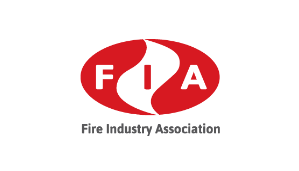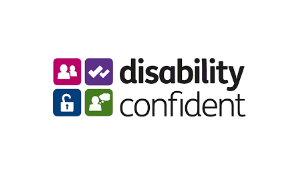With many families poised to set up their Christmas decorations any day now, CDS is joining fire services across the country with an annual reminder about festive safety hazards – and an additional warning about staying safe when using portable heaters as energy costs bite.
CDS echoes concerns raised by charity Electrical Safety First which recently warned householders about the dangers of using electrical heaters inappropriately, with firefighters describing shocking cases and, sadly, deaths.
“We don’t want to sound like Scrooges at this time of year,” said CDS MD Simon Abley. “But it is part of our job to alert people to fire safety hazards – and to offer ways to avoid and manage these. As this year is particularly difficult, with soaring energy costs and families needing to reduce their spending on heating, we thought it pertinent to start by mentioning ways to ensure everyone can stay safe while keeping warm and enjoying Christmas.
“While electric heaters in themselves are not inherently dangerous, they could cause devastating fires if not used with care. Using them on uneven surfaces, drying clothes on them, and leaving them unattended could all have disastrous consequences. And fan heaters pose an even greater risk.”
Firefighters have talked about the devastating consequences of trying to keep warm, with one describing a house fire caused by an electric heater which claimed the life of an elderly man who had tragically placed the heater too close to the fabric of his armchair, which had ignited and engulfed it in flames.
CDS is backing the safety advice issued by Electrical Safety First which urges people to ensure:
- the device is on a level surface, well away from anything or anyone who could knock it over
- it is well away from combustible materials, such as paper, furniture or curtains
- it is never used to dry clothes
- it is never left unattended for long periods while in use, or while the home’s occupants are asleep
- extension leads are not used to power a heater, as they can easily be overloaded
Aside from heaters, another fire hazard, which may not be immediately obvious, is the good old traditional pine Christmas tree. A dry tree can fill a home with fire and toxic gases with terrifying speed if not properly cared for.
The experts at CDS recommend that when buying a tree, customers should check the needles and the trunk. They should look for a tree whose needles are hard to pull back from the branches and don’t break, as this is a sign it has been freshly cut. If the needles break it suggests it has been cut down too long ago and dried out – making it a fire hazard.
The trunk should also be sticky to the touch, another sign that it is newly felled.
Ideally a tree should not be up for longer than two weeks as it will become overly dry and could catch fire. It must also be kept watered at all times, with a six-foot specimen requiring a gallon of water every other day – not just to keep it looking fresh, but more importantly to stop it becoming a perfect combustible material.
The National Fire Chiefs Council highlights other potential Christmas hazards.
- Don’t cook if you have been drinking and never leave cooking unattended.
- Never place candles near your Christmas tree or flammable materials and don’t drape decorations over the fireplace
- Never leave lit candles unattended.
- Never overload electrical sockets. Always switch Christmas lights off and unplug them before you go to bed.
- Don’t attach decorations to lights or heaters.
- Check your Christmas tree lights carry the British Safety Standard sign.
- Test your smoke alarms
- While the bulbs of LED fairy lights are safer than the traditional alternative because they are cool to the touch, the transformer element gets very hot and should never be covered, hidden behind curtains or come into contact with presents piled around the tree
- Don’t charge up Christmas present gadgets overnight. And don’t use counterfeit charging cables, which can be a fire hazard


















